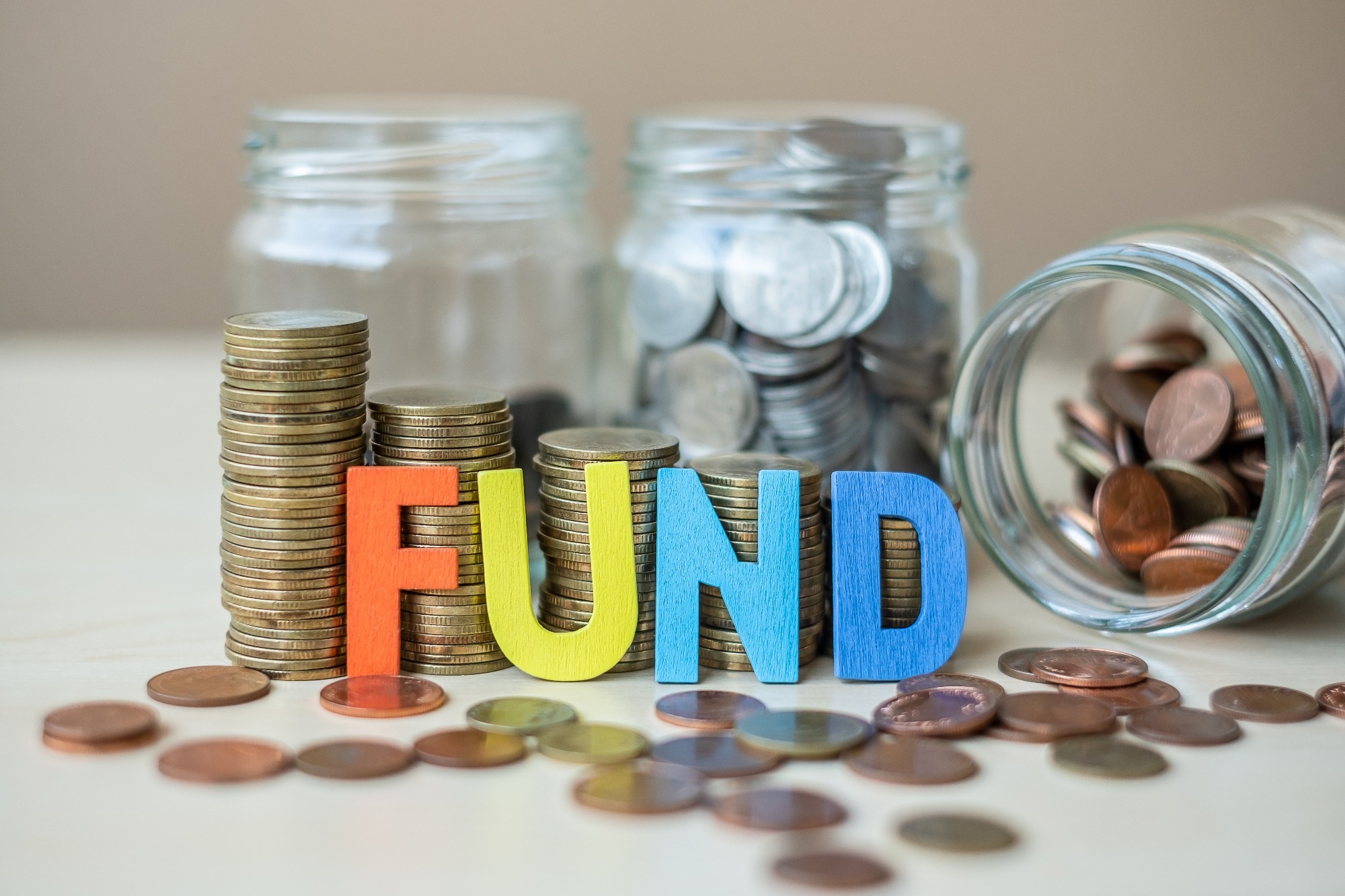Do you realise that you set a financial New Year Resolution then at the end of the year, you seem to always fall short? Reviewing your finances mid-way through the year can help you take stock of your money and your spending habits. This way, you can catch any unnecessary spending and nip it in the bud. Do you really need to take away food every single day? How necessary is it for you to buy cut fruit instead of buying the whole fruit and cutting it at home? After this evaluation, you’ll realise where you might be spending more than you should and also that you can actually save more!
Here are a few questions to ask yourself when you’re reviewing your finances this month.
Are you on the right track?
At the beginning of the year, we usually draw up a financial budget with certain goals to achieve. However, a lot of things can happen in six months. There might have been a situation where you had to dip into your emergency funds and forgot you did that. Reviewing your finances halfway through the year will allow you to adjust your financial goals.

Check your savings and retirement funds
You need to have three types of savings to allocate your money to, namely an emergency fund, a retirement fund and a major personal spending fund. The more important funds are of course the first two. If you find that you’re a little tight on money for a few months, keep allocating money towards your emergency and retirements funds.
Tip: Your emergency savings funds should be enough for three to six months of expenses. This is to ensure that in the event of retrenchment, you will have something to fall back on.

How much more do you owe?
How much do you owe? Is your debt increasing or remains unchanged from the beginning of the year? If your debt seems to be increasing, you need to review your financial situation and also your spending patterns. For those with credit card debt, this is now your priority to pay off because of the high interest rates. Additionally, if you don’t pay them off on time, it could reflect badly on your credit score which could harm your chances of getting a bigger loan for a home or car.
Tip: Money to go to investments should be rerouted to paying off your debts. Once you’re debt free, this allocation will go back to being invested.

Check up on your investments
Yes, sure you’ve set up auto debit and a portion of your earnings go towards an investment but how is it doing? Instead of just putting your money aside somewhere, you need to make sure that it’s performing up to par. Doing a mid-year review of your investments will ensure that your investment’s target is being reached. If it isn’t, perhaps it’s time to look at other forms of investment with better returns.

Are you earning more than you’re spending ?
Jot down your spending and put them into categories. This forces you to face up to what you’re spending your precious earnings on. Once you’ve done this, think about what you’re spending your money on and also how you’d like to spend your money. For example, if you realise that you shop when you’re upset which leads to a closet full of unworn clothes, correct that behaviour. Afterwards, draw up a budget that fits your lifestyle and also helps you reach your financial goals.
Tip: Clean out your closet of clothes that don’t fit, never been worn or haven’t been worn in over six months. Sell them on online platforms to make some money on the side and also find a home for your unworn clothes.










